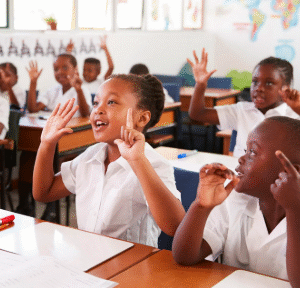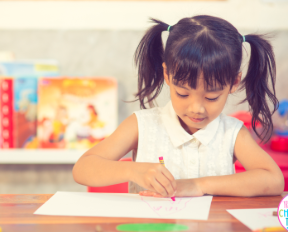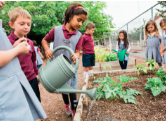Home
FAFSA Application Guide
FAFSA Application Guide

Introduction: The Advanced Placement (AP) Program offers students the opportunity to take college-level courses while still in high school. Successfully navigating the AP program can open doors to prestigious colleges, scholarships, and a strong academic… Read more

Creating a positive classroom culture is essential for student success and overall well-being. When children feel safe, valued, and supported, they are more likely to engage in learning and build strong relationships with peers and… Read more

A strong partnership between teachers and parents is essential for helping children thrive in school. When educators and families work together with clear, respectful communication, students benefit from consistent support at home and in the… Read more

Patience is a valuable life skill that helps children manage emotions, make thoughtful decisions, and build positive relationships. While waiting can be difficult for young learners, teaching patience early on supports emotional development and encourages… Read more

Sensory play is a valuable part of early childhood development. It involves activities that stimulate a child’s senses—touch, smell, sight, sound, and taste—as well as movement and balance. These experiences not only spark curiosity but… Read more

Every child learns in their own unique way. Some pick up new skills quickly, while others need more time and repetition. Recognizing and respecting these differences is essential for fostering a positive learning experience. Supporting… Read more

Creative hands-on activities like crafts can be powerful tools in helping young learners understand and remember educational concepts. Children often thrive when learning is playful and engaging, and incorporating crafts into lessons offers an enjoyable… Read more

Nap time is more than just a break in the day—it’s an essential part of early childhood development. For preschoolers, whose bodies and minds are growing rapidly, rest is just as important as learning and… Read more

Inquiry-based learning is a dynamic approach to education that places students at the center of the learning process. Rather than simply absorbing facts, children are encouraged to ask questions, explore, and discover answers through hands-on… Read more

Helping children explore the world around them is one of the most rewarding parts of early education. Introducing science concepts at a young age lays the foundation for curiosity, critical thinking, and a lifelong love… Read more
